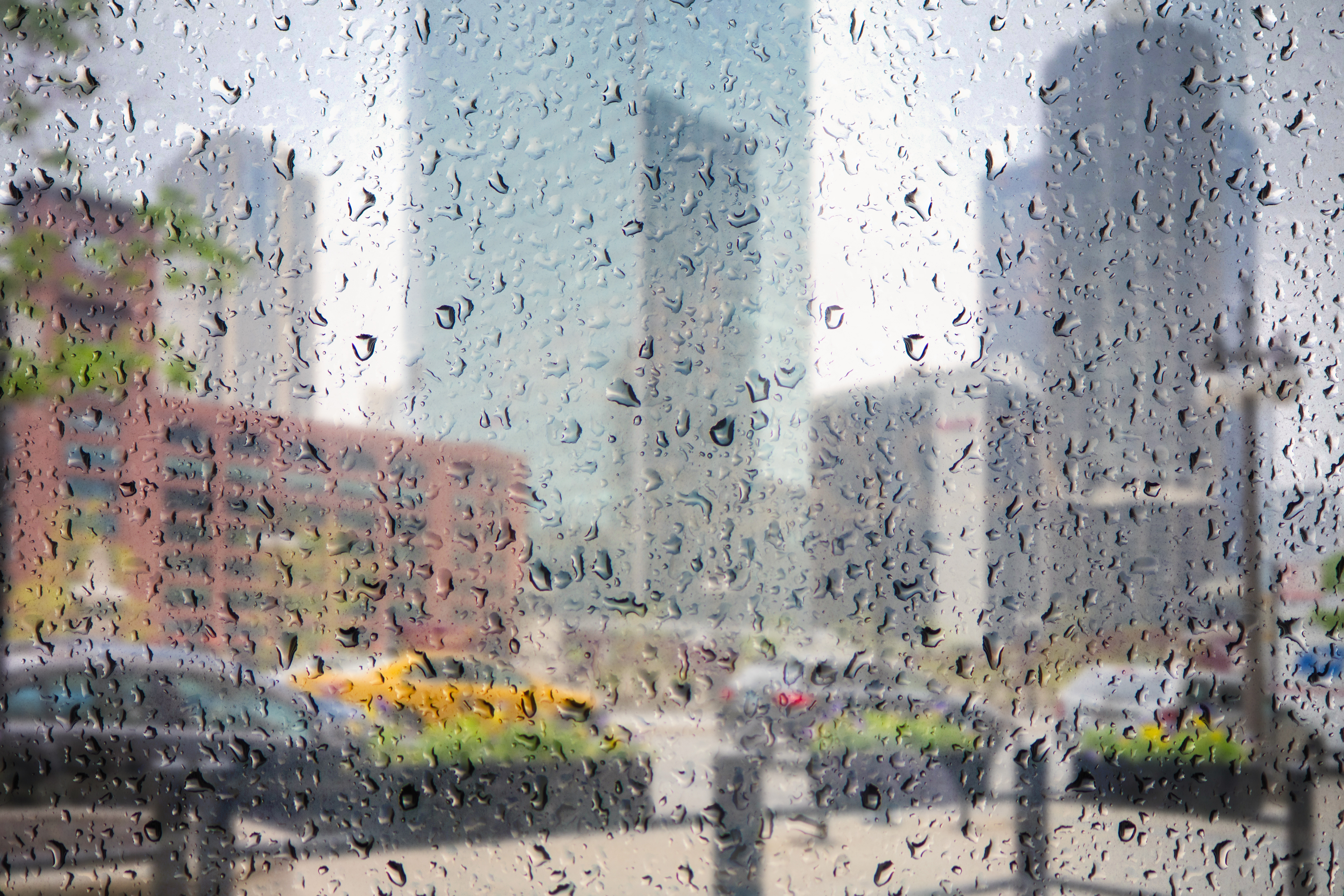On November 25th, 1987, I was a 23-year-old kid with my first real job, my first real apartment and a deep-seated love for politics in my hometown of Chicago.
Even though I was young, I already had a political hero: Chicago’s first black mayor, Harold Washington.
So it isn’t really surprising that I found myself in the lobby of City Hall 26 years ago today. News had just broke that Washington had been rushed to the hospital after a heart attack at the age of 65. In those pre-Internet days, all we really had were the rumors were flying around the street about what had happened in the hours before TV stations confirmed the news.
Hearing that Washington might be dying sent me scurrying over to City Hall from my job as a messenger for a downtown travel agency. I had lingered in the lobby many times before during my daily rounds, trying to soak up the proximity to power and policy I imagined coursing through the walls of the old Neoclassic-styled building.
On that day, I just wanted to be near the place where I thought something—anything—might be happening. And hope the news wasn't true.
Looking back, I remember a cold, gray November day, and the eerie silence that pervaded the lobby of City Hall in those hours before we knew for sure. Of course, I didn't have the nerve to try and go upstairs, so I just watched from the lobby as the occasional elevator door opened to let out another face shocked and saddened by the news.
By the time that day rolled around, it had been a tumultuous few years for Chicago, marked by great hope and sometimes even greater disappointment.
Local
For many of us, Washington wasn’t just a politician, but the symbol of something much greater. As the city’s first black mayor, he represented the first real hope in the lifetimes of many Chicagoans that the city’s politics could be run as something other than a series of back-room deals designed to benefit a wealthy and almost completely white elite.
Of course, not everyone saw it that way. For a lot of Chicagoans, particularly those who didn't like change, were suspicious of blacks in general or had a vested interested in keeping the political and economic status quo of Chicago intact, Washington seemingly represented nothing short of the devil himself.
That’s why he was fought at almost every turn. Even after winning a second term, which he had done just weeks before he slumped over his desk, he was still resented and opposed by those who feared what he stood for. In the City Council, on the pages of the daily newspapers and in conversations across the city, Harold Washington was a man to be beaten and even vilified in the minds of many.
But not to us. Not to those who, in the middle of the Reagan-Bush years, saw in Washington the first big hope for a resurgence in big-city progressive politics. Not for those who saw Washington as a new kind of global ambassador for the city, who loved to regale crowds with stories of being greeted outside of Chicago with the chant of “How’s Harold!”
Not for us who wanted believe that Washington could open up city government to all, to distribute city services fairly, to re-align the city's power structure and let previously unheard voices have a say in how city government was run.
As Harold himself used to say: “No one, but no one in this city, no matter where they live, or how they live, is free from the fairness of our administration. We'll find you and be fair to you wherever you are.”
Twenty-five years ago, I was just a kid. More important, I had never experienced what it was like to be politically disenfranchised, like the hundreds of thousands of black and Hispanic and gay and ethnic Chicagoans had experienced it decade after decade in their own city.
But I shared with them the hope Washington represented, and the dream that politics as usual could be vanquished once and for all.
For a short time, it looked like that dream had died a few days before Thanksgiving 26 years ago today.
Bu the truth is, it didn't. And all we have to do is remember Harold to remind ourselves of what it felt like back then.
Here, on another cold November day. In a city that still struggles to be fair to everyone.



